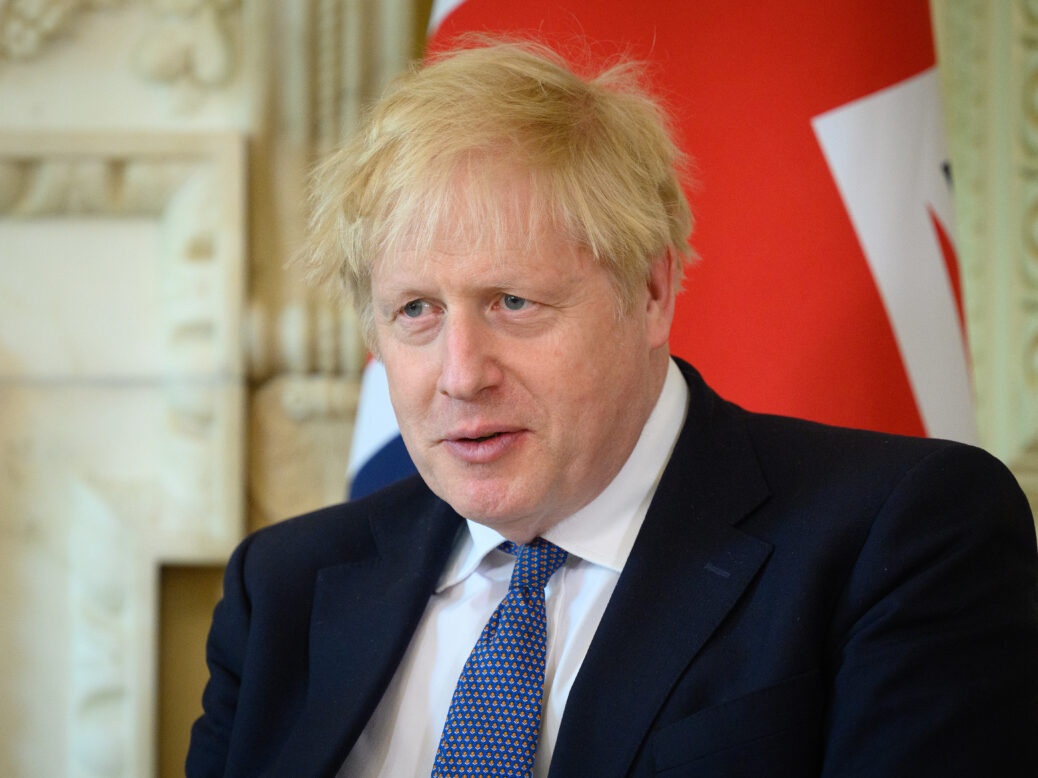
The Conservative government always knew that it had a fight on its hands as far as their planned cuts to the UK’s foreign aid budget were concerned. The plan to reduce the amount we spend on international development from 0.7 per cent of GDP to 0.5 per cent was always going to be difficult to get past Tory MPs, and that’s one reason why the government has done everything it could to avoid a vote on it.
The plan is opposed by three broad tendencies: supporters of foreign aid spending, committed opponents of Boris Johnson, and Conservative MPs who feel that the explicit manifesto pledge to spend 0.7 per cent of GDP on international development has to be honoured, regardless of how they feel about the policy personally.
[See also: Why privatising foreign aid doesn’t work]
Supporters of international development come into two overlapping categories. For some, international development is an essential part of British foreign policy. These MPs were strong supporters of the move to fold the Department of International Development into the Foreign Office (Dfid), and some want to do the same to the Department of Trade. Tom Tugendhat, the chair of the foreign policy select committee and one of the high profile opponents of the foreign aid vote, has likened trade and aid to the “five fingers of a hand”, that need to remain within the control of the Foreign Office to be deployed most effectively. Some are China hawks who say that the lesson of the last decade is that when the West has stepped back in lower income countries, China has stepped in; and that so-called “debt diplomacy” (in which states are given loans on the expectation they cannot pay them back in order for the lender to exert greater control over the country in question) can only be driven back by more, not less, generosity in the aid budget.
Then there are those who are primarily concerned with the UK’s aid spending as a poverty-fighting measure: they argue that comparatively small amounts of money spent on international development make a huge difference to reducing poverty worldwide. They argue too that the changes brought in by Andrew Mitchell as secretary of state for international development make British foreign aid spending incredibly effective and transparent. Some of the MPs in this group are actively horrified by the move to fold Dfid back into the Foreign Office, as they believe this to be a backwards step as far as transparency is concerned.
[See also: Why cutting aid to Yemen is the new frontier in the Conservative Party’s civil war]
That said, there is a huge amount of overlap between these two tendencies, and in they only really exist as distinct groups for the purposes of clarity. What connects them is that they have a deep commitment to the international development budget, whether as an instrument of poverty reduction, British foreign policy more generally, or both.
There are also MPs who have a looser commitment to the foreign aid budget but a strong aversion to breaking manifesto pledges. The Conservatives’ 2019 manifesto was pared down but it did include a commitment to continue spending 0.7 per cent of GDP on foreign aid, and for some MPs, that’s the end of the matter.
Add that to the not inconsiderable group of MPs who just dislike Boris Johnson and want to make trouble for him, and the numbers are certainly there to overcome the Conservative majority and undo the foreign aid cut. Then, add to that the fact that Mitchell, one of the most committed advocates for international development on the Conservative benches, is a former chief whip who knows how to organise a vote, and you can see why the view of the whips has always been that the only certain way to avoid losing this vote was to avoid having to holding it.
But the question, still, is whether those MPs will make themselves heard in sufficient numbers on Monday to defeat the government.
[See also: How global military spending rose in 2020]




